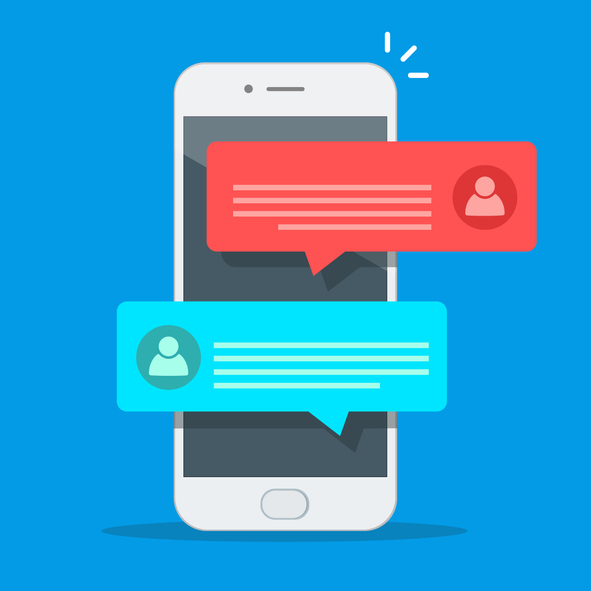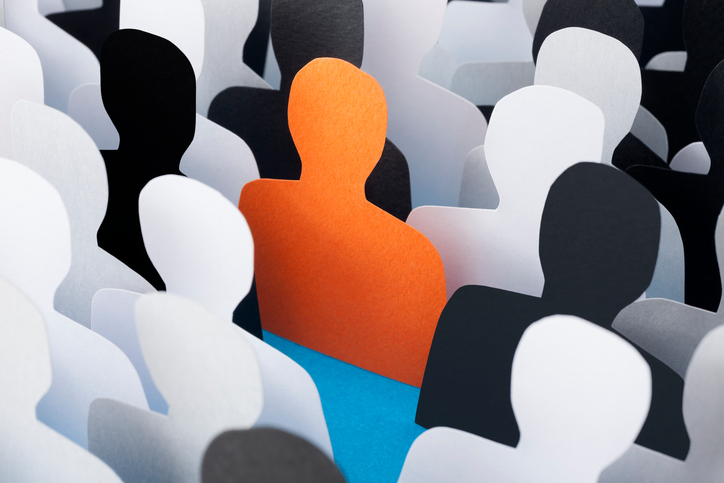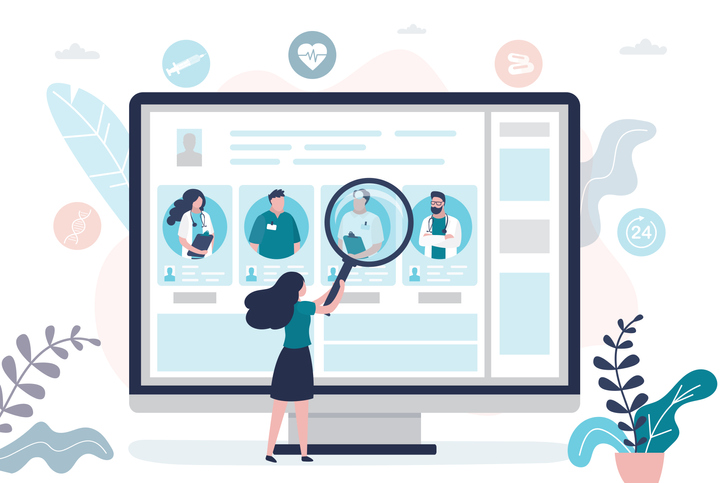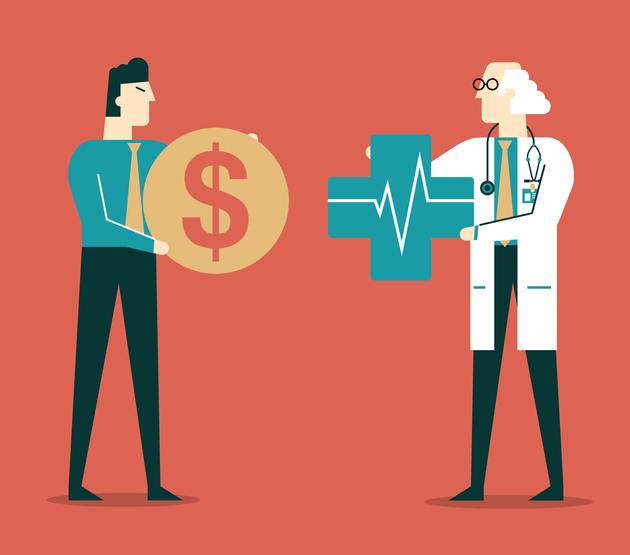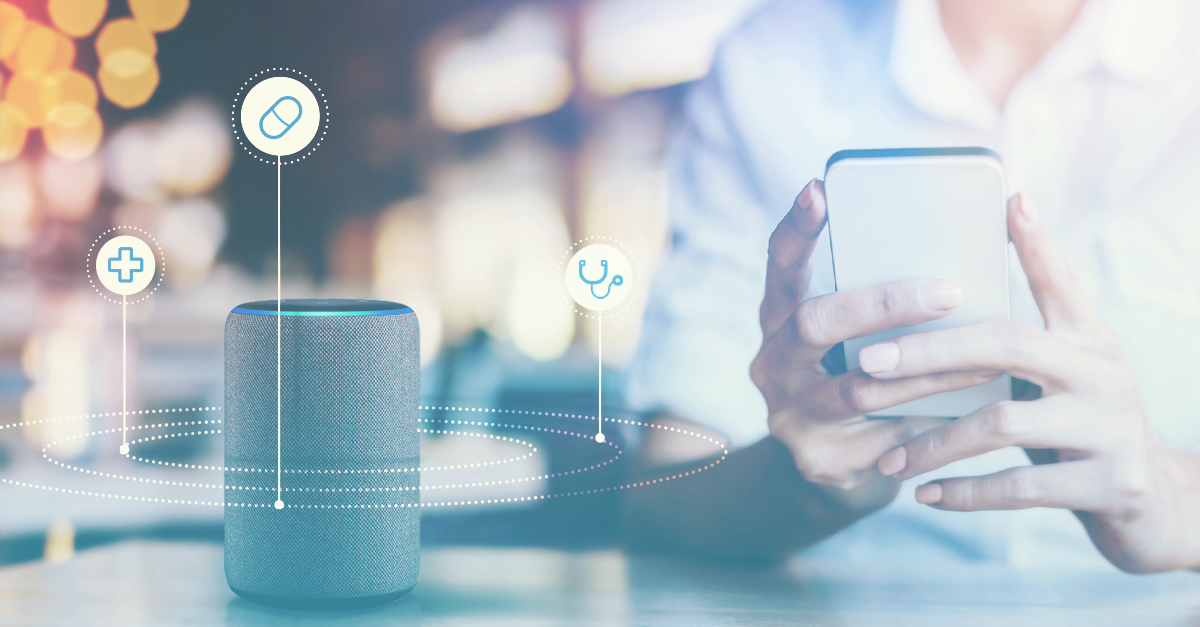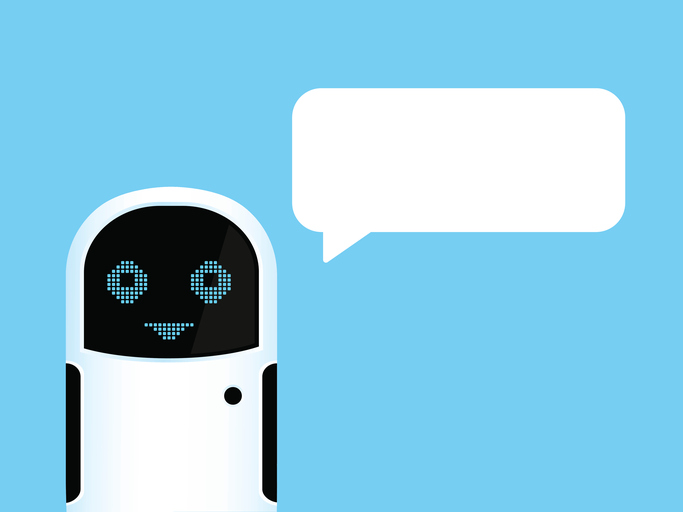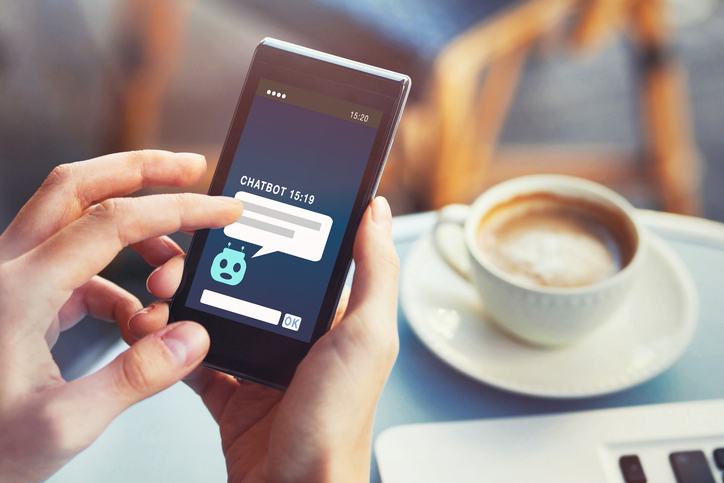
ChatGPT for Medical Use Is a Cry for Help. We Need Better Medical Triage
The growing use of AI chatbots for medical questions should not be seen as a threat to the healthcare system, but as a signal that patients aren’t trying to replace their physicians; they’re trying to find them.
